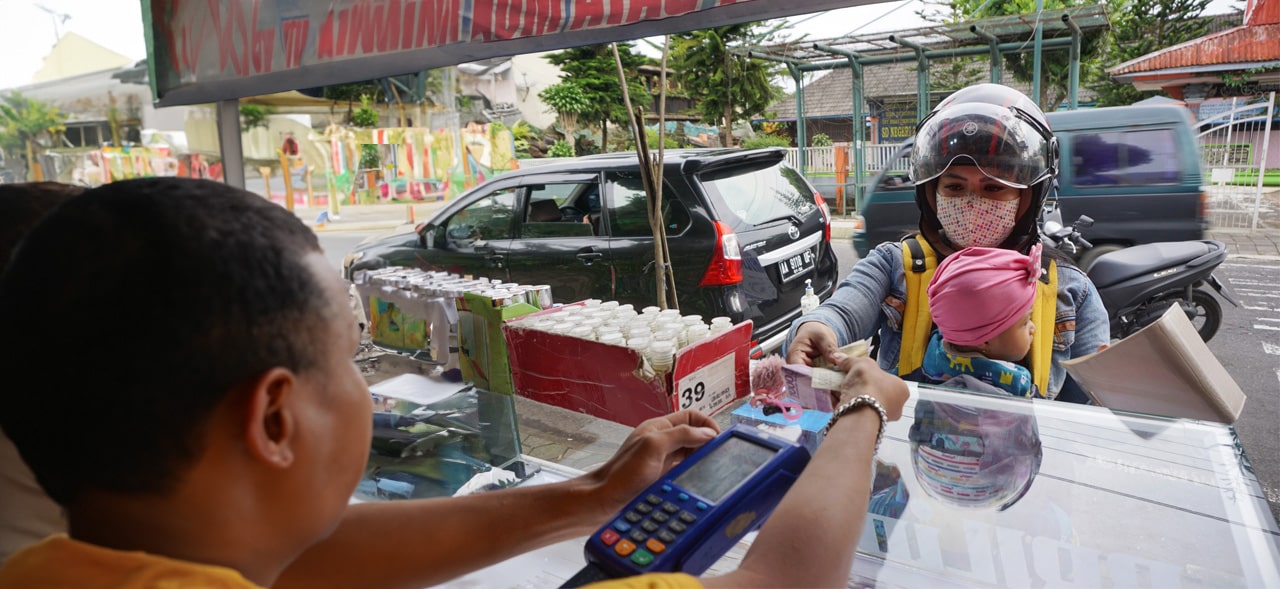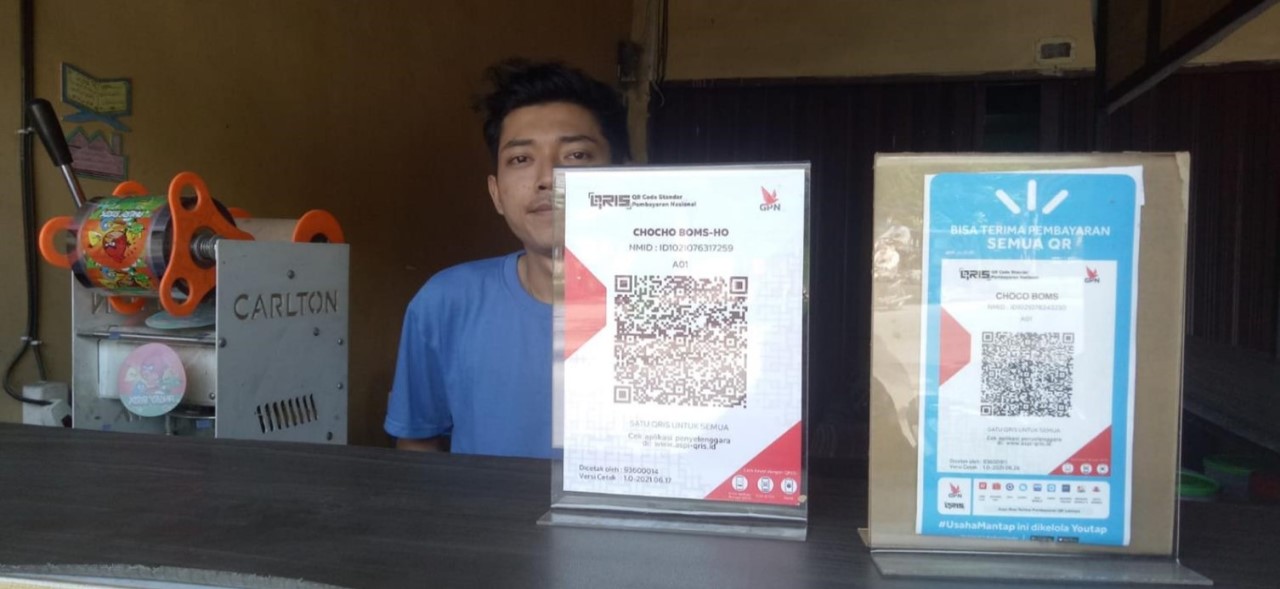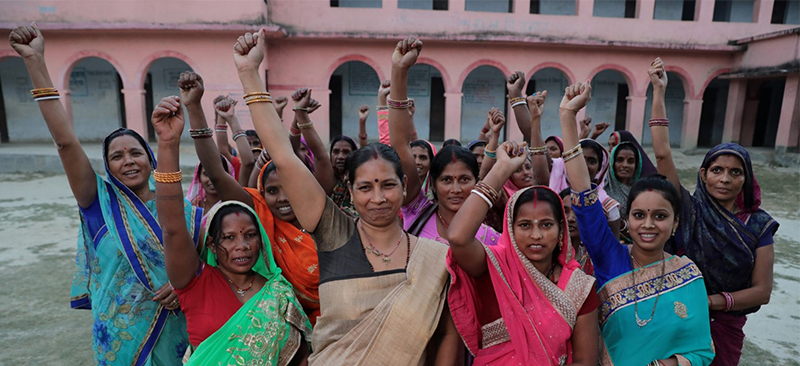Sneha Sampath

Sneha Sampath
ManagerSneha Sampath is a Manager in MSC’s Country Program Development domain in Indonesia. She is a development consultant with more than five years of experience through projects with central and state governments, think tanks, academic institutions, social businesses, and donors in India and Indonesia’s development sectors.
She is also a financial service professional with experience in impact investments through work in venture capital funds and consulting firms in India and Luxembourg. She has implemented projects in product development, policy design, market research, behavioral economics, and digital financial services (DFS). Her work involves improving public policy choices through evidence-based, bottom-up, and human-centered approaches. She has worked across different sectors, including DFS, e-KYC, payment systems, social protection, and alternative investments.
Posts by Sneha Sampath
 Publication
Publication
Raunak Kapoor, Manoj Nayak, Sneha Sampath, Singgih Pangestu and Bianda Kanani
State of the agent network in Indonesia: Agent Network Accelerator (ANA) Research – 2023
 Blog
Blog
Sneha Sampath and Singgih Pangestu
Not all youth are alike: Unveiling diverse personas of Indonesian youth in the digital landscape
 Blog
Blog
Sneha Sampath, Ira Aprilianti and Raunak Kapoor
Will QRIS help deliver the promises of digitization to small and micro-merchants in Indonesia?
 Publication
Publication
Ira Aprilianti, Louie Cepe, Rahul Chatterjee and Sneha Sampath

